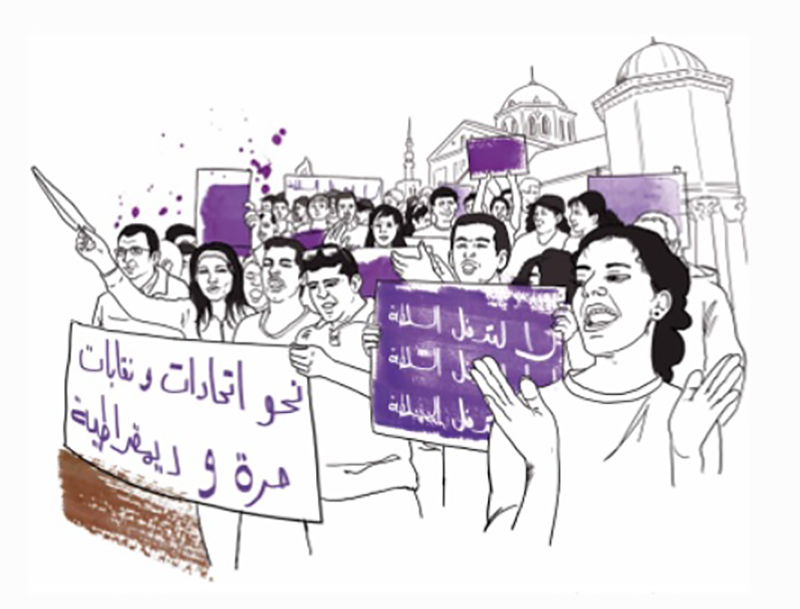
Democracy and trade unions
*Authors: Miguel MartÃnez
When considering the question of democracy, it is important to extend the discussion to a range of political and social actors. Democracy is based on a broad range of interventions and dialogues that sustain a more civic and open set of relations between competing interests.
Trade unions are organisations that have been central to the economic and social fabric of society by representing the interests of workers on a range of issues such as wages and working conditions. They are vital to the project of extending the voice and influence of workers into the realms of industry and the economy ore broadly.
A society calling itself a democracy cannot be seen as being advanced or more developed if the notion of democracy itself is not extended, in some form or another, into the economy and the diverse spheres we populate as citizens. How we work, what purpose we work for, and what conditions we work in are all questions linked to the questions of democracy and participation, with trade unions normally being at the forefront of these issues. We cannot limit discussions of democracy to individual rights with regards to the state nor can we ignore the way trade unions are central to the enhancement and improvement of our working lives: by design or by default trade unions extend the principles of democracy into work in some form or another. For example, it is often the case that trade unions have led a range of debates on industrial democracy and alternative ways of organising and making economic decisions, as in Sweden and Finland.
Political systems that are normally considered to be more democratic, generally speaking, tend to be those that facilitate robust industrial relations systems and independent trade unionism: enshrining the right to independent representation at work even within their constitutional mechanisms.
Yet trade unions also play a direct role in relation to the state by creating a political dialogue and negotiation on key social and economic matters (e.g. the development of health and safety legislation). It is also not unknown for trade unions to have been pivotal to a range of democratic transitions through the politics of mobilisation and representation such as that of Spain in the 1970s as it emerged from a dictatorship.
Furthermore, trade unions tend to have an indirect democratising influence as well. The role of trade unions as spaces where workers discuss, and decide on, a range of workplace and national issues means that they are central to the development of active citizenship.
Internal democratic structures within trade unions can vary, but, in the main, as organisations they are one of the pivotal spaces for developing social and political activism. These democratic structures have increasingly been pivotal to union renewal strategies, and diversifying membership.
Even in the virtual dimension of social media trade unions have had a significant presence for some time - they have developed (and see developed within their structures) innovative ways of extending discussions across issues ranging from wage levels to pension rights.
To this extent, trade unions are some of the largest and most developed spaces for democratic dialogue both nationally and internationally. In fact, the actual internal training schemes of trade unions have played a key part in the development of workers with trade unions often organising internal educational activities related to political and social dimensions. The historical development of democracy in and through trade unions is complex and varied, but they have increasingly represented some of the most engaged ways in which workers and citizens can self-organise and self-develop.
It is for this reason that we need to draw attention to the role of trade unions in propagating and sustaining the democratic and participative infrastructure of a society. They are central to ensuring a much wider dialogue and discussion on social and economic questions – they act as a space for active learning and civic development. This seems to be forgotten in various government circles that have not understood the centrality of independent social organisations and their role in sustaining and mobilising for a more extended, just and meaningful dialogue and experience across the different arenas of our lives.
University of Manchester, UK (@mmartinezlucio)
and Andy Hodder, University of Birmingham, UK (@hodderandy)

